
Treatment
Treatment will also vary depending on the severity of the damage. Minor injuries will most likely require only basic treatment involving rest, medication and physiotherapy. Cortisone injections are useful if swelling occurs after the injury. In the case of a failure to heal, surgery will most likely be required, especially for older patients.
The surgery used to treat meniscus tears can take two forms. A surgeon may decide to simply remove part of the meniscus, or, on the other hand, he or she might decide to perform some repairs on the damaged area. If the damage is located on the fringes of the meniscus, most surgeries will prove to be successful. Otherwise, a surgery known as a partial meniscectomy will be of great value for healing.
Recovery
In general, it will take about four to six weeks for an individual to recover from meniscus surgery. Recovery time, however, will vary from patient to patient depending on the type of operation, the patient’s age, the activity level of the patient and the amount of meniscus that has been removed. The use of crutches may be required after the operation is performed, but in the case of minor surgeries, this is usually not necessary. Generally, muscles will fully recover after about two months and until then, strenuous physical activity should be avoided.
If you wish to hasten the recovery time, there are some things that you can do. Trying ice therapy and compressions can help the rehabilitation. Stick to the schedule of medication as set down by the doctor and get plenty of rest as this can be beneficial in the recovery process. Physiotherapy will also be of benefit, but should only be done as advised by a professional. Needless to say, the overall base health and fitness of the individual will also play a part in healing. The healthier and fitter you are, the quicker your recovery will be.


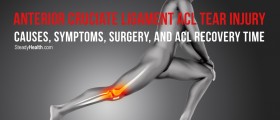



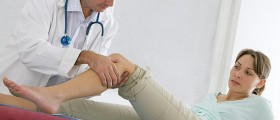

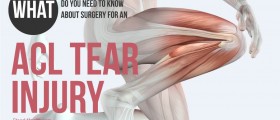
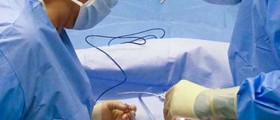
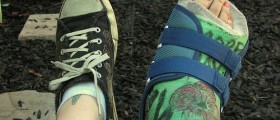
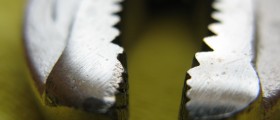



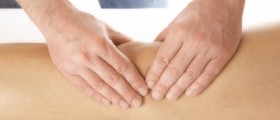

Your thoughts on this
Loading...